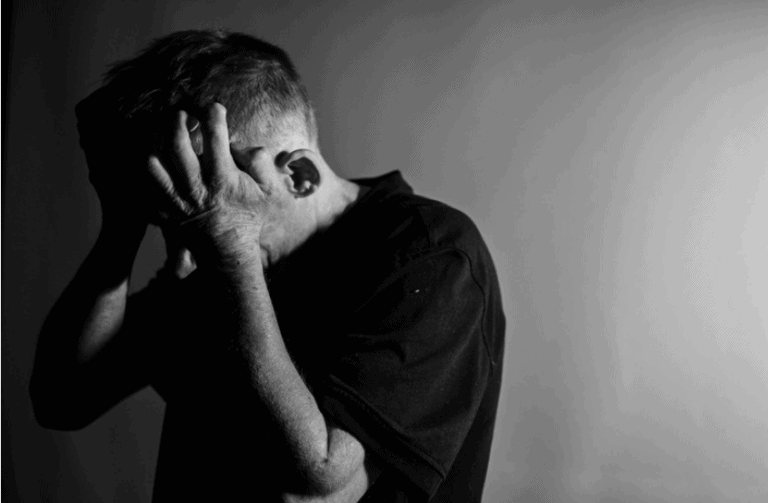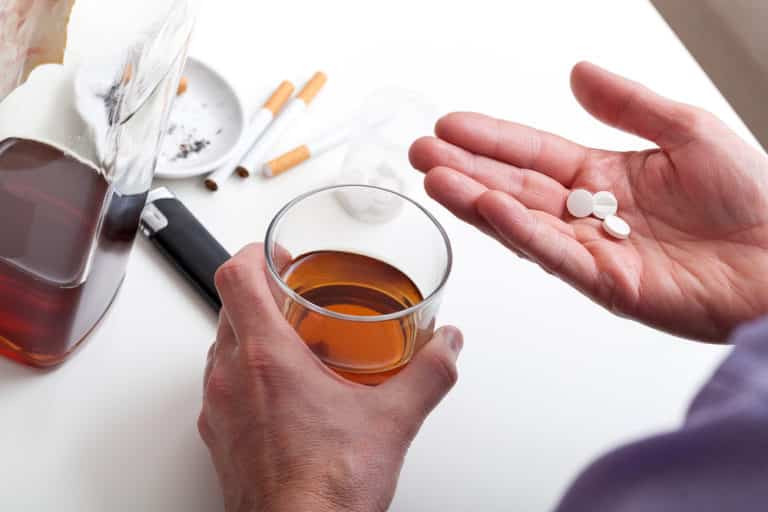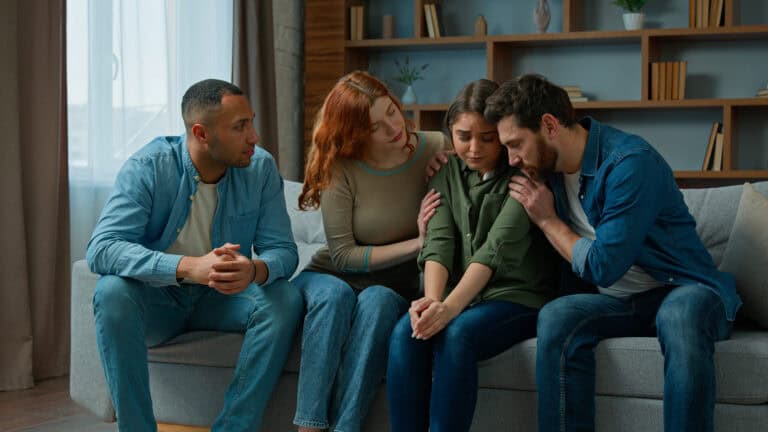Have you ever wondered why so many addicts relapse? According to statistics, between 40 and 60% of recovering addicts have at least one relapse. The risk is real, and not even the most successful addiction treatment can diminish it. However, some recovery centers help their patients understand the risks and take measures to diminish them. There are two important ways to diminish relapse risks:
- Find out more about relapses in general, to understand why and how they occur
- Plan ahead to prevent your own relapse
Let’s take them one by one and see what they are all about.
Understanding Relapses after Addiction Treatment
Relapses occur when recovering addicts start consuming alcohol or drugs again. Many addicts convince themselves that one occasional dose will not harm them. Others get overwhelmed by various situations, feelings, or emotions, and resort to drugs or alcohol for relief.
It is important to remember that one dose is enough to drive a former addict back on the path to self-destruction. It could destroy their health, relationships, and financial stability, and even jeopardize their life.
When relapsing, many people take the same dose they used to before their addiction treatment. However, especially if several months have passed from their last consumption, their tolerance to the substance has diminished. A dose that was once the usual, can later turn out fatal.
What Can Trigger a Relapse?
There are two types of factors or triggers that can determine a person to relapse: internal and external. External triggers are the people, places, and activities that could encourage relapse. Common examples include:
- Fellow addicts or people who consume drugs or alcohol
- Stressful situations
- Places and environments that encourage alcohol and/or drug use (bars, night clubs, etc.)
Internal triggers are thoughts, emotions, and feelings that could accentuate the desire to consume drugs or alcohol. Common examples include guilt, fear, anxiety, boredom, sadness, exhaustion, happiness and the desire to celebrate.
How Do Relapses Occur?
Just like addiction, relapse sets in gradually, in stages. The first changes occur at an emotional level. The person starts losing control, experiences mood swings and isolates themselves from their loved ones.
Then, tension builds up to the point where the person starts craving drugs or alcohol and even fantasizes about consuming. Some people return to their old entourage or start frequenting the places where they used to drink and get high.
They will find excuses and create opportunities to consume drugs or alcohol again, and they will eventually give in to them.
How to Prevent a Relapse
Preventing relapses is a three-stage process.
1. Honest Self-Assessment
If you really want to avoid giving in to your addiction again, you need to understand what drove you to it in the first place. Take the time to understand how and why you ended up drinking, taking pills, or injecting yourself. Also, identify your weaknesses, the people and situations that make you feel vulnerable and could drive you to consume again.
2. Plan
Set up a daily routine that keeps you away from external triggers, from people and places that could drive you to relapse. Learn to control your emotions, your internal triggers. Relaxation techniques, exercising, and therapy can help.
It also helps to have a backup plan, in case you cannot avoid certain triggers. Perhaps the recovery center where you received successful addiction treatment has a follow-up or support program that you can join. Having a friend to call, a sponsor, or a therapist helps as well.
3. Get Help
You’re not alone in this. Whether you care to admit or not, your addiction affects others as well. Therefore, go ahead and ask for their help. Talk to them openly and explain that you are worried about relapsing.
Tell them the signs they should be keeping an eye on and ask them to help you eliminate temptations. Ask them to intervene if or when you ask that they do. They will all appreciate your efforts and help out if you give them a chance. Anything is better and easier than seeing a loved one fall back into the addiction hell, messing up their lives and those of everyone around.
Get Help Avoiding Relapses at Asheville Recovery Center
At the Asheville Recovery Center, we know how easy it is to relapse and we stand by our patients even after they have completed their successful addiction treatment. Here, you will always find someone willing to listen and lend a hand. Whether you need therapy or want to join our support group, reach out! Together, we can fight all temptations and keep you clean, healthy, and well!





